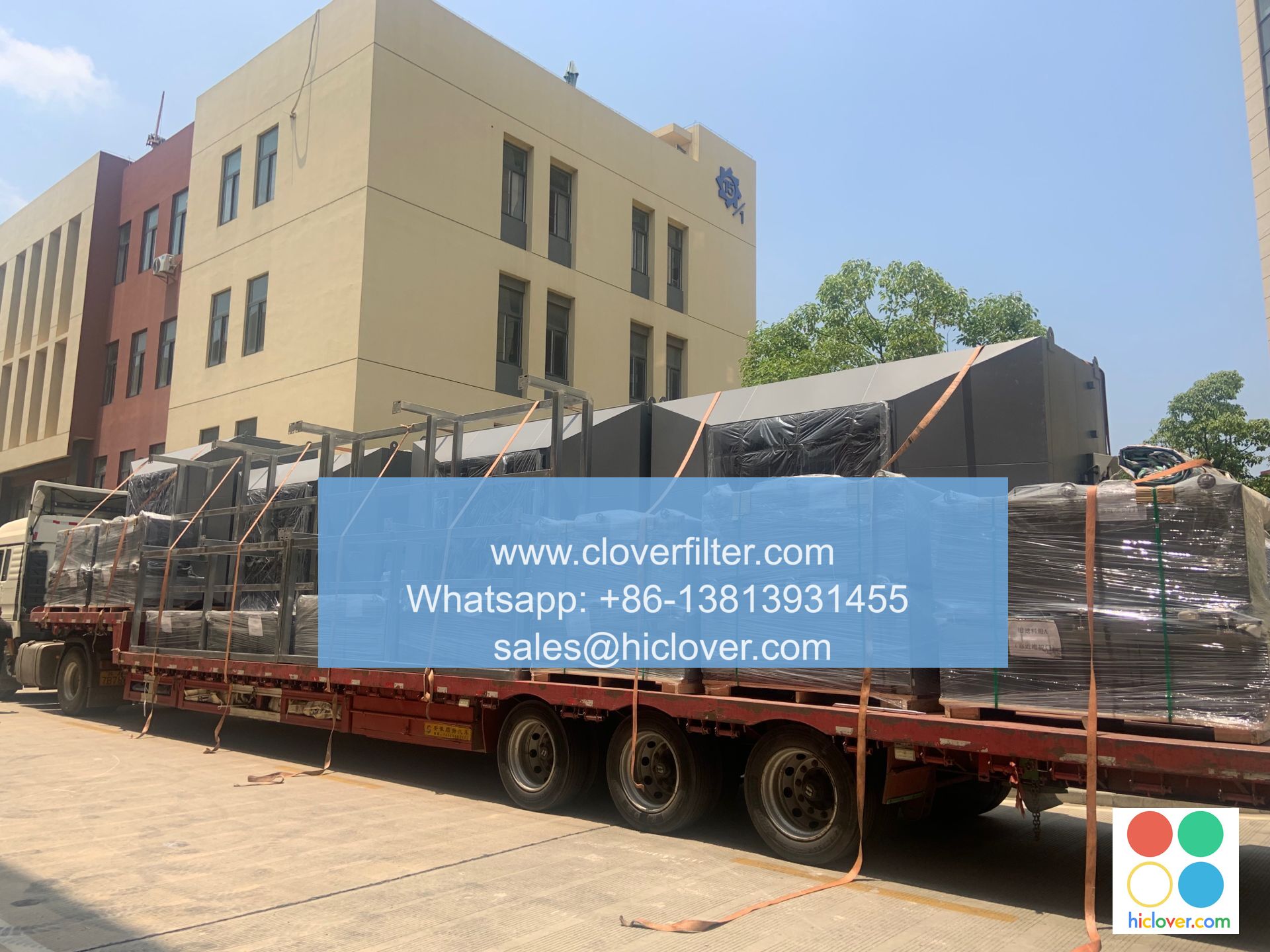The Evolution of Automatic Roll Filters: How They’ve Improved Manufacturing Efficiency

The Evolution of Automatic Roll Filters: How They’ve Improved Manufacturing Efficiency
Introduction
In today’s fast-paced manufacturing environment, efficiency is key to staying ahead of the competition. One technology that has played a crucial role in improving manufacturing efficiency is the automatic roll filter. These filters have undergone significant evolution over the years, transforming from simple manual filters to sophisticated automated systems. In this article, we’ll explore the evolution of automatic roll filters and how they’ve improved manufacturing efficiency across various industries.
Early Days: Manual Roll Filters
In the early days of manufacturing, roll filters were simple manual devices that relied on human operators to filter out impurities from rolling materials. These filters were often prone to errors, resulting in wasted time and resources. The manual process was also labor-intensive, leading to fatigue and decreased productivity.
The Advent of Automatic Roll Filters
The introduction of automatic roll filters marked a significant turning point in manufacturing efficiency. These filters used sensors and automation technology to detect impurities and automatically remove them from the rolling material. This automation reduced the risk of human error, increased productivity, and improved product quality.
Advancements in Technology
Over the years, automatic roll filters have undergone significant advancements in technology. Modern filters now feature advanced sensors, precision control systems, and sophisticated algorithms that enable real-time monitoring and adjustment. These advancements have enabled manufacturers to:
- Improve product quality: By detecting even the smallest impurities, automatic roll filters ensure that products meet strict quality standards.
- Increase productivity: Automation reduces the need for manual intervention, freeing up operators to focus on other tasks.
- Reduce waste: By detecting and removing impurities in real-time, automatic roll filters minimize waste and reduce production costs.
Application Areas
Automatic roll filters have numerous applications across various industries, including:
- Paper and pulp: Automatic roll filters are used to remove impurities from paper and pulp products, ensuring high-quality finished products.
- Food processing: Filters are used to remove contaminants from food products, such as grains, nuts, and seeds.
- Pharmaceuticals: Automatic roll filters are used to ensure the purity of pharmaceutical products, including tablets, capsules, and powders.
- Metalworking: Filters are used to remove impurities from metalworking fluids, extending the life of machinery and reducing maintenance costs.
Conclusion
The evolution of automatic roll filters has been nothing short of remarkable. From simple manual devices to sophisticated automated systems, these filters have played a crucial role in improving manufacturing efficiency across various industries. By detecting and removing impurities in real-time, automatic roll filters ensure high-quality products, reduce waste, and increase productivity. As technology continues to advance, we can expect even more innovative applications of automatic roll filters in the future.
Keywords: Automatic Roll Filters, Manufacturing Efficiency, Product Quality, Automation, Sensors, Precision Control Systems, Algorithm, Real-Time Monitoring, Waste Reduction, Productivity.
A blank slate! What would you like to talk about? Do you have a specific topic in mind or would you like me to suggest some options?


